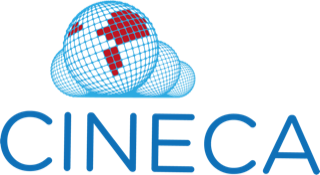Authors - Romain Tanzer (HES-SO), Nona Naderi (HES-SO), Douglas Teodoro (HES-SO), Anais Mottaz (HES-SO), Patrick Ruch (HES-SO), Jonathan Dursi (SickKids), Jordi Rambla de Argila (CRG)
CINECA aims to support federated queries and analyses of distributed cohorts across continents. But human health datasets are extremely diverse; many different types of data are collected for many different kinds of health studies by many different health research communities. As a result, different cohort datasets often use different ontologies to describe similar kinds of entities, or represent concepts, such as genomic variation differently.
CINECA must span this diversity of data representations in order to achieve its goals of connecting health research cohort data. The work of WP3 partially addresses discoverability of datasets by defining a standard minimal cohort-level data representation which will be common across all cohorts; but that does not address cohort-level data that falls outside of the minimal common data model, nor does it address the representation of patient-level data. WP1’s role is to design and deploy API access to both cohort- and patient-level data, and a fundamental functionality of the infrastructure is to allow the user to find the appropriate dataset independently of the ontology used to map locally the different cohorts or indifferently of the format and syntax used to describe the variants.
This report describes the work done on query expansion, by implementing and demonstrating a query expansion service API that improves findability and searchability of distributed cohort data. Multiple kinds of query expansions are available for enabling further data integration and interoperability, including horizontal expansion, i.e., across ontological systems, and vertical expansion, i.e., within sublevels of the same ontological resource.
https://doi.org/10.5281/zenodo.4609335
Read More


